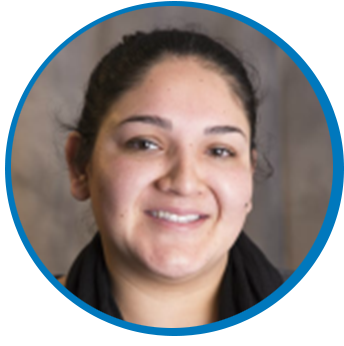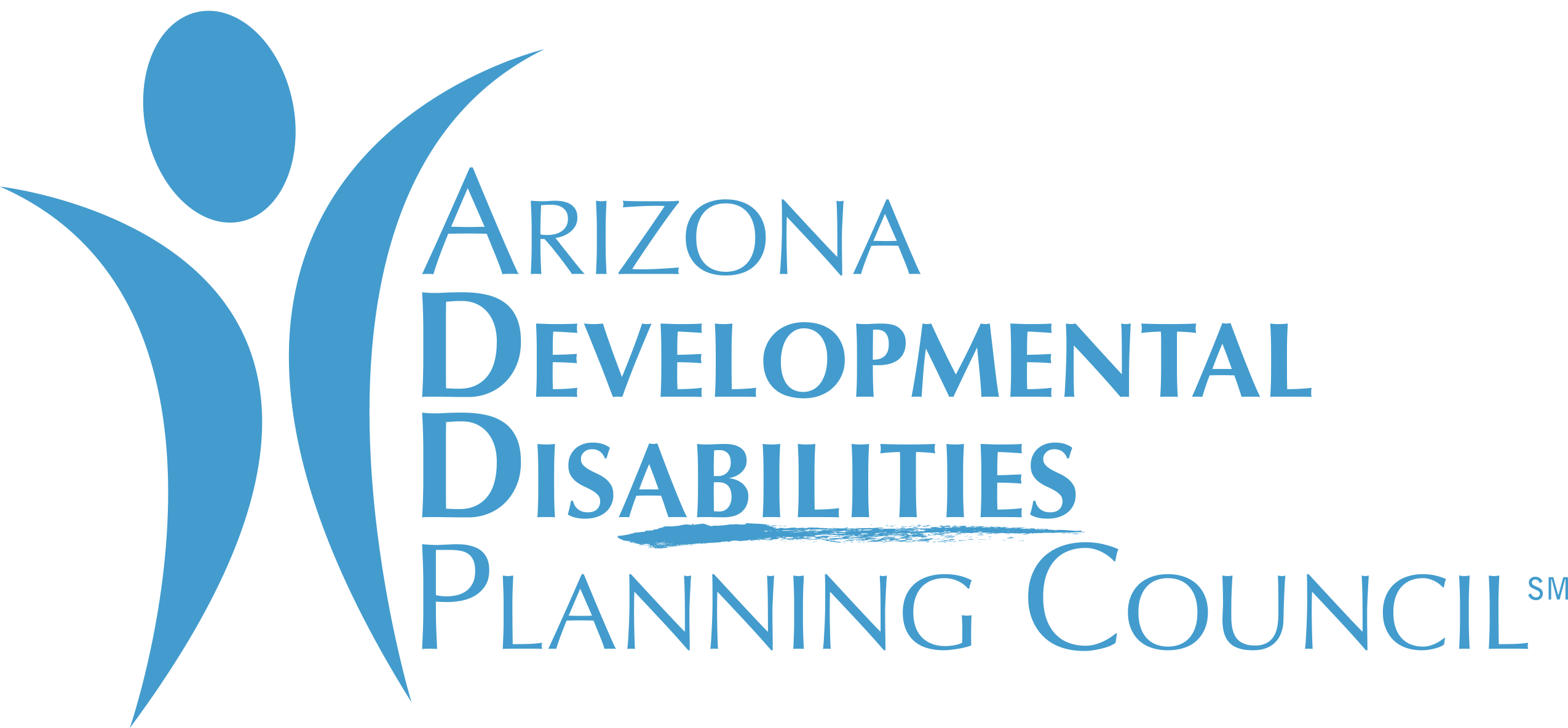Learning to speak up in Phoenix and Yuma
 by Crystal Ramos, Guest Writer
by Crystal Ramos, Guest Writer
Our Voices features guest bloggers in their own words sounding off on disability issues in Arizona.
Crystal Ramos recently completed her masters in social work from Arizona State University. Her passions include advocacy for the Latino community and improving health care for underserved groups.
I initially had no prior knowledge about the disability community before I started working on my MSW program. As part of my internship, I had the opportunity to work on a few projects related with the Arizona Developmental Disabilities Planning Council. One project that struck me the most was facilitating self-advocacy groups for adults with disabilities and their family members.
We created two adult self-advocacy groups in Phoenix and Yuma. There were many individuals who wanted to be a part of the groups, especially to learn more about resources they could use in the community. Many individuals with disabilities who participated felt as if they were stuck and not able to find a way to overcome difficult situations as they progress through life. We found these very similar attitudes in both cities.
Once the groups started sharing more about their situations, one common theme arose as an experience for the majority of people: at some point in their lives they experienced being put down by someone in their city. This happened at a variety of community locations, such as grocery stores or schools. Some individuals felt they were not worth the teacher’s time. But by the end of the self-advocacy sessions, there were some people who felt more confident about steps they could take and how to respond in those situations after learning about their rights as an individual with a disability.
In Yuma, the group wanted to know how to advocate in order to keep disability services. There was conversation about the lack of services in Yuma, and the very limited ones that existed were not well advertised. The adults with disabilities wanted to know how to keep existing services and how to get new services for their community. We reviewed the different methods of writing a letter to their political representative and collecting signatures. These methods caused the group to immediately become more intrigued. A few of them said they could now see themselves going out to collect signatures for a purpose.
Through this process, I was extremely grateful to have an opportunity to learn more about the disability community. My experience helped me assist a family member who felt confident to share they had a child with a disability. Some people will simply ignore populations because there is not someone in their family with a disability. I am thankful I took the chance to find out more.






